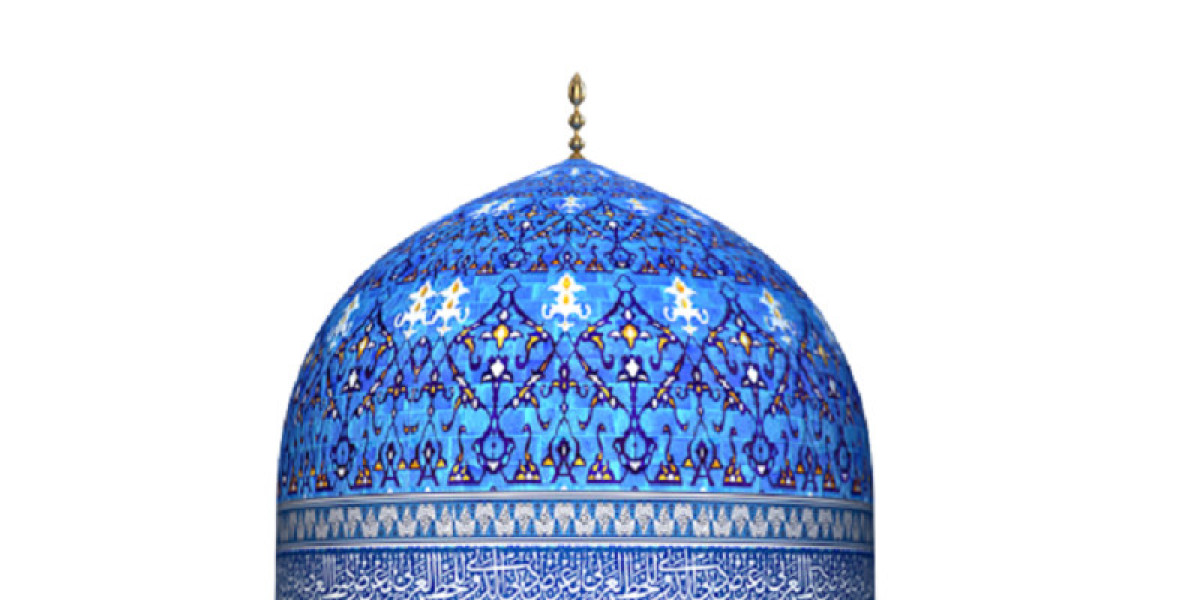Introduction of Khatm-e-Qadriya
Khatm-e-Qadria, ختم قادریہ is a revered spiritual practice associated with the Qadri Sufi order, founded by Hazrat Sheikh Abdul Qadir Jilani (RA). This practice involves specific recitations, supplications, and remembrance of Allah, carried out with sincerity and devotion. It is widely observed by followers of the Qadri order and other Sufi traditions as a means of seeking divine blessings, mercy, and spiritual upliftment.
Significance of Khatm-e-Qadria
Khatm-e-Qadria is deeply significant due to its connection with Hazrat Sheikh Abdul Qadir Jilani (RA), one of the most honored saints in Islamic history. Some key aspects of its significance include:
- Strengthening of Faith: Engaging in this practice strengthens one's belief (Iman) by fostering continuous remembrance of Allah.
- Spiritual Elevation: It deepens the spiritual connection between the believer and Allah, as well as the revered lineage of the Qadri order.
- Seeking Divine Mercy: The supplications and recitations serve as a medium to attract Allah’s mercy and blessings.
- Heart Purification: Consistent recitation aids in cleansing the heart of sins and distractions, drawing a person closer to righteousness.
- Following the Footsteps of Saints: Observing Khatm-e-Qadria aligns the practitioner with the path of Islamic piety established by saints and scholars.
Rewards of Khatm-e-Qadria
The benefits of Khatm-e-Qadria encompass both spiritual and worldly rewards, including:
- Forgiveness of Sins: The recitations and praises of Allah help seek forgiveness for past transgressions.
- Inner Peace: It fosters a sense of tranquility by relieving stress and anxiety.
- Protection from Negativity: The spiritual nature of the practice serves as a shield against evil forces, black magic, and negative influences.
- Fulfillment of Needs: Many believers experience their righteous wishes and necessities being granted through the blessings of this practice.
- Increased Wisdom and Insight: Regular observance enhances spiritual wisdom and insight.
- Strengthened Spiritual Bond with Hazrat Abdul Qadir Jilani (RA): The practice reinforces a deep-rooted connection with the saint’s teachings and spiritual blessings.
Islamic Perspective on Khatm-e-Qadria
Islamic scholars have deliberated on Khatm-e-Qadria in light of Shari’ah, concluding that:
- Legitimacy in Islam: There is no prohibition against remembering Allah through individual or collective supplications, provided they align with Islamic teachings.
- Not an Innovation (Bid’ah): If practiced within the framework of the Quran and Sunnah, Khatm-e-Qadria is not classified as an innovation but rather a commendable act of devotion.
- A Voluntary Act of Worship: Khatm-e-Qadria is a recommended (Mustahabb) practice that enhances a believer’s relationship with Allah, akin to other Dhikr and supplications.
- Balance in Worship: It should be observed with the correct intention of seeking Allah’s pleasure and should not replace fundamental Islamic obligations such as Salah and Zakat.
- Endorsement by Scholars: Many esteemed scholars and Sufi masters have practiced and advocated Khatm-e-Qadria as a source of spiritual elevation and divine blessings.
Conclusion
Khatm-e-Qadria is a deeply rewarding spiritual practice that enables believers to strengthen their connection with Allah and the teachings of Hazrat Abdul Qadir Jilani (RA). Though not obligatory, its immense spiritual and worldly benefits make it a valuable addition to one’s devotional life. When performed in accordance with Islamic principles, it serves as an effective means of attaining Allah’s closeness, inner peace, and divine favor.








